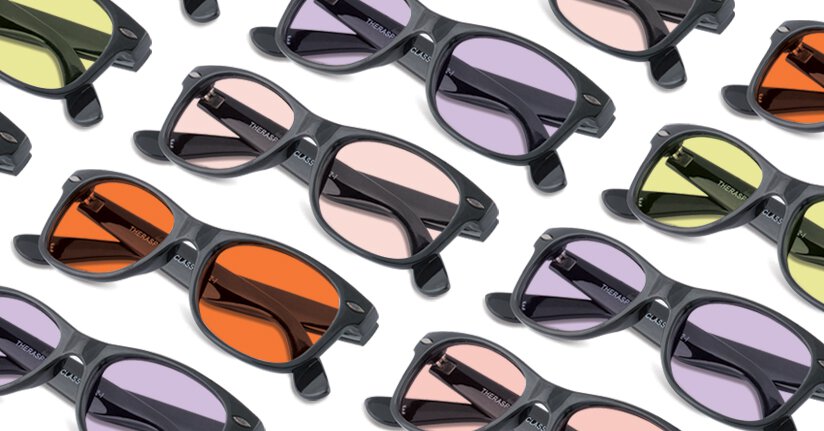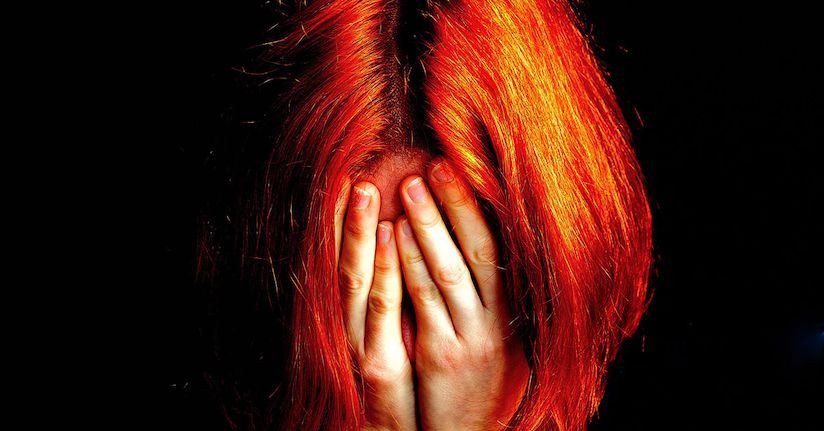Migraine Triggers Are Highly Variable
Along with a new migraine diagnosis, doctors often warn patients about triggers that can set a migraine attack in motion. Many hand over a list of possible migraine triggers and tell patients to avoid such things as aged cheeses, chocolate, alcohol, and stress. Current research could make these lists obsolete (or at least less prescriptive). Instead of one-size-fits-all, each person appears to have a unique set of triggers, according to a study presented at the American Headache Society conference in June. Researchers confirmed fewer than 20% of suspected triggers as actual triggers. In addition, many assumed triggers appeared to protect some people from migraine attacks.
The study analyzed data about migraine attacks and potential triggers that patients recorded in a smartphone app. By looking at records from 284 people over a 90-day period, researchers identified triggers and discovered factors that could actually protect patients from migraine attacks. They were also able to ferret out factors that had no association with participants’ attacks.
Several factors often thought of as triggers—like neck pain and travel—appeared as potential protectors for some participants. Further research is required to understand why this is, but interviews indicated that the presence of certain potential triggers allowed patients to intervene before a migraine attack ensued. With neck pain, many people said they had a massage, stretched, or used heating pads. This intervention could have prevented the migraine attack. Whether travel was a trigger or a protector seemed to be connected to how participants viewed travel. For some, travel is stressful (and flying itself can be a migraine trigger), but travel is synonymous with relaxation for others.
Alcohol was the most notable trigger that researchers looked at. Of the 284 patients, 155 believed alcohol to be a trigger. The data showed that alcohol was a trigger for only seven people; researchers concluded that 17 people were actually protected from migraine attacks after drinking alcohol. Based on interviews, researchers believe that the context in which a person drinks alcohol could play a role in how people respond. A night out with friends in which a person also happens to have alcohol could cause a person to relax, thus protecting them from an attack.
The biggest takeaway from the study is that migraine triggers tend to vary significantly from one person to the next. It’s reassuring to know that trigger lists aren’t a firm guideline for things you must avoid in your life. But it can be frustrating to know how to determine your triggers if everyone has different triggers. Lists of common triggers can be a great starting point for items to test. Using a migraine diary or tracking app can also help narrow down what your triggers actually are.
Is light one of your triggers? Download our free "Light and your Health" e-book to learn how you might be able to minimize the effect of harmful light.
Donoghue, S.; Mian, A.; Albert, M.; Boucher, G.; Peris, F. (2016). Identification of ‘Protectors’—Factors Associated with Reduced Risk of Migraine Attacks: Some Surprising Observations and Interpretations. Proceedings of the 58th Annual Scientific Meeting American Headache Society. San Diego, CA: American Headache Society. Abstract PF43.
TheraSpecs Glasses for Light Management
Try our light-filtering glasses and stay protected against harsh light from screens, fluorescents, LEDs, unwanted blue light, bright sunlight, flashing lights, and more.






